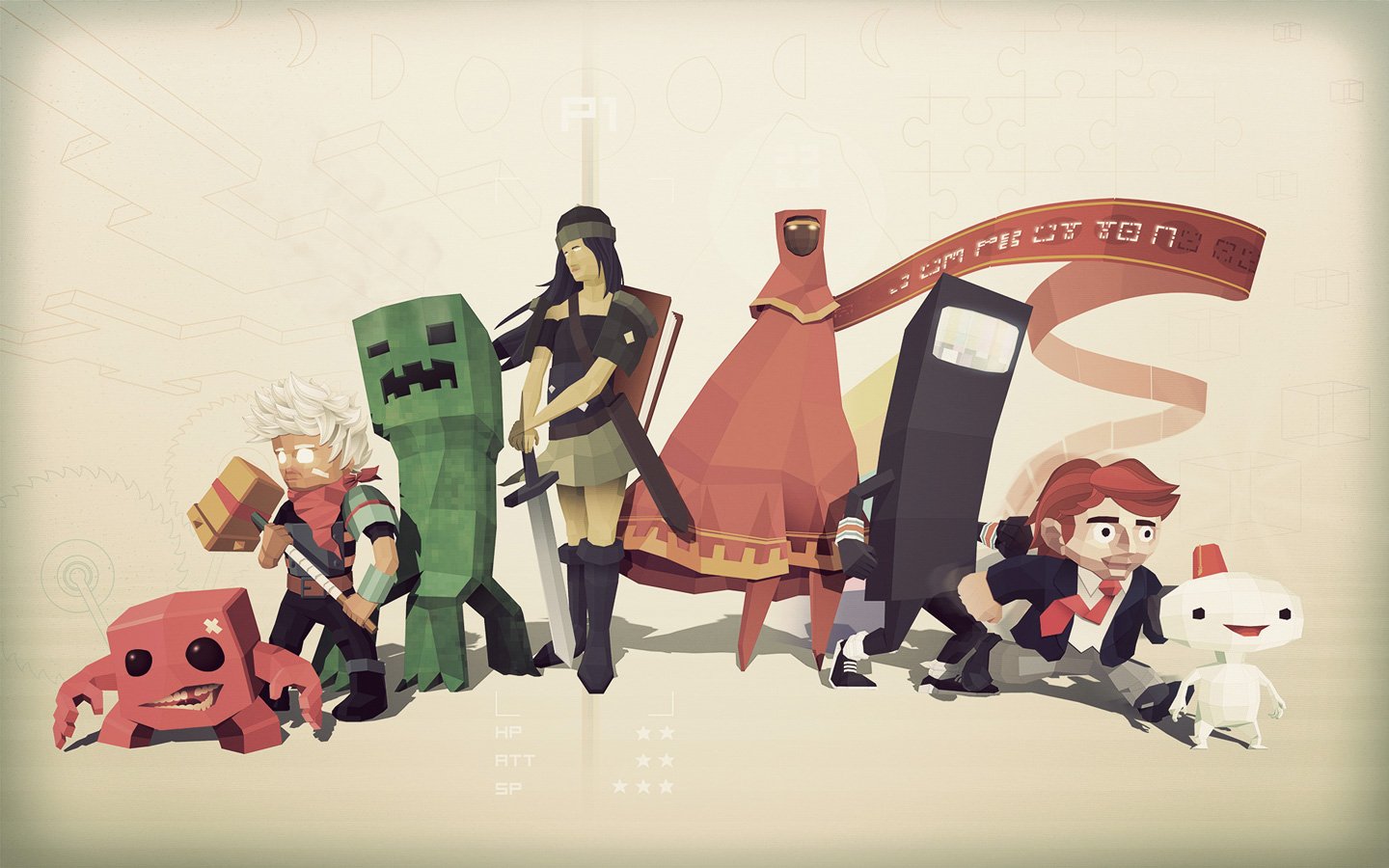
What defines an "indie game"? That is the question... that I will not be answering here today. That's right: I'm not about to answer the tired debate of what actually constitutes an indie game and what doesn't. Truth be told, the word has lost all meaning in the current development landscape of Kickstarter and Steam Early Access.
For the sake of this list, we can agree that indie simply means downloadable title made on a low budget by a small team of developers. That, too, is redundant considering all games are available to download -- but I digress.
Anywho, the world of indie games exploded onto the scene way back in 2008, with Braid. Back then, downloading a game onto your console was still a foreign concept and few gave the idea a second thought. Fast forward almost a decade and these games are making up two-thirds of the games released on PS4 and Xbox One.
It took a long time, too long, for these games to get the recognition they deserve, with a lot of gamers clinging to the ignorant idea that if it isn't on a disc, it isn't worth their time. Thankfully that mindset is all but gone today, and most gamers use the valuable time between AAA titles like Resident Evil 7 and Mass Effect: Andromeda, to catch-up on many smaller games that can be completed in a single sitting.
The best thing about the "indie" games, is that they are filling the void left by mid-tier developers like THQ. Such B-level video games have been replaced by passion projects that don't have the same requirements as a full-release title would -- for example, had Outlast released in 2007, it would have been 10 hours longer, you would have had a gun, and it would have been less impressive.
The "indie" scene allows developers to be artistic and branch out, spreading their wings without pressure. Furthermore, we may have once considered an indie to be a side-scrolling, 2D game that could run on an SNES, but now it can be anything from Limbo, to Firewatch. There is no pigeon-holing or defining this aspect of gaming and I for one love it.
So here we are, about to celebrate the ten best indie games you can possibly play. This list is in no particular order and it's important to remember that there is always a level of partiality, so do not be offended if your favourite title is merely an honourable mention. So, without further ado...
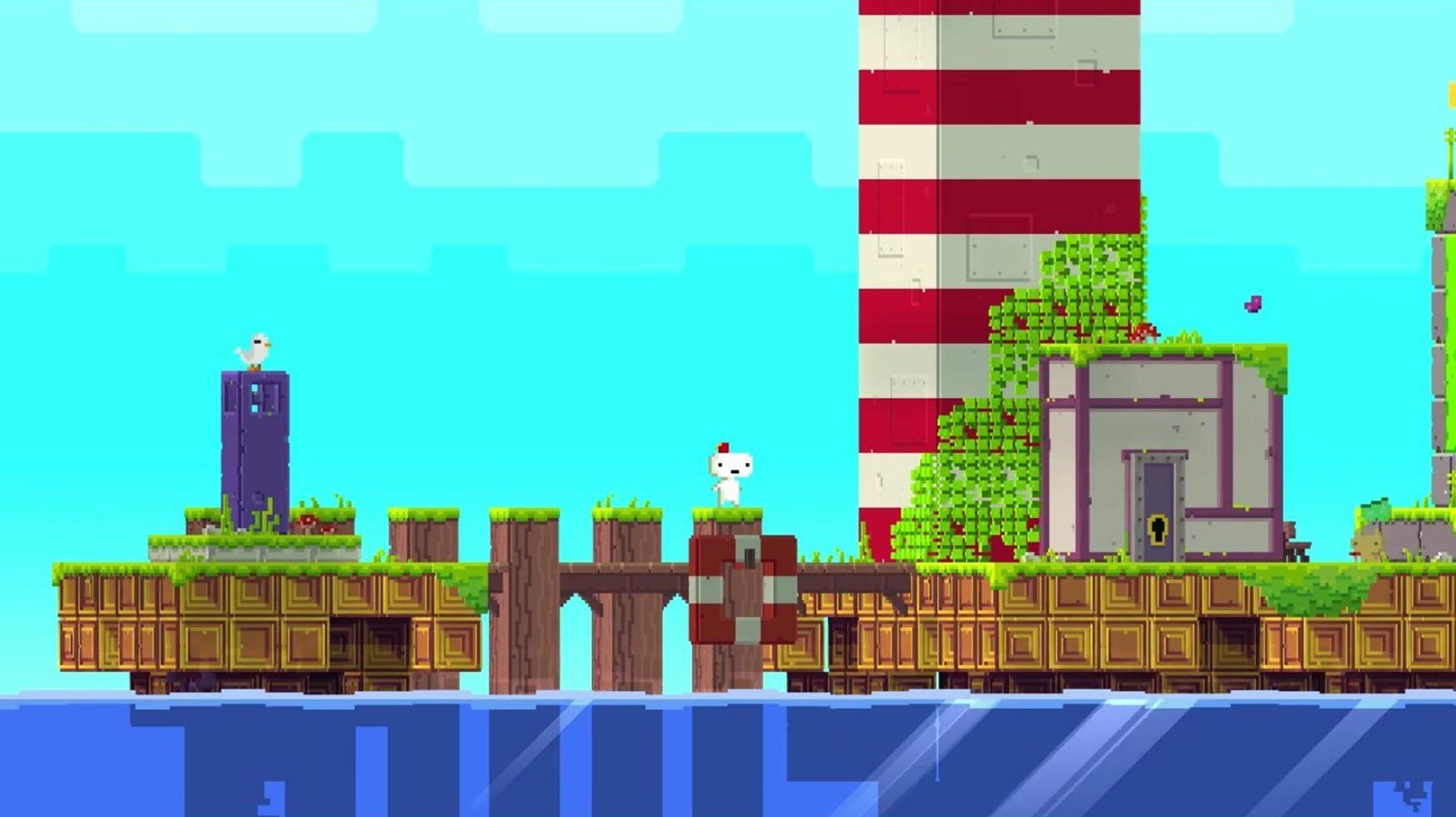
FEZ
Fez was arguably the first big-hit of the indie scene. Created almost entirely by Phil Fish, Fez is a marvel of game design.
With mind-bending level design, in which you rotate the levels to progress, beautiful pixel-art, and pleasant sound design, Fez is simply a joy to play. Sure it might look like a Super Nintendo game but your SNES would have a stroke if it tried to play Fez.
Fez begs you to explore its world at your own pace and it's a testament to the design that you can do so without getting frustrated. The first time you jump into the blocky world and the entire perspective shifts, you'll have a smile on your face and be hooked to the brilliance of Fez.
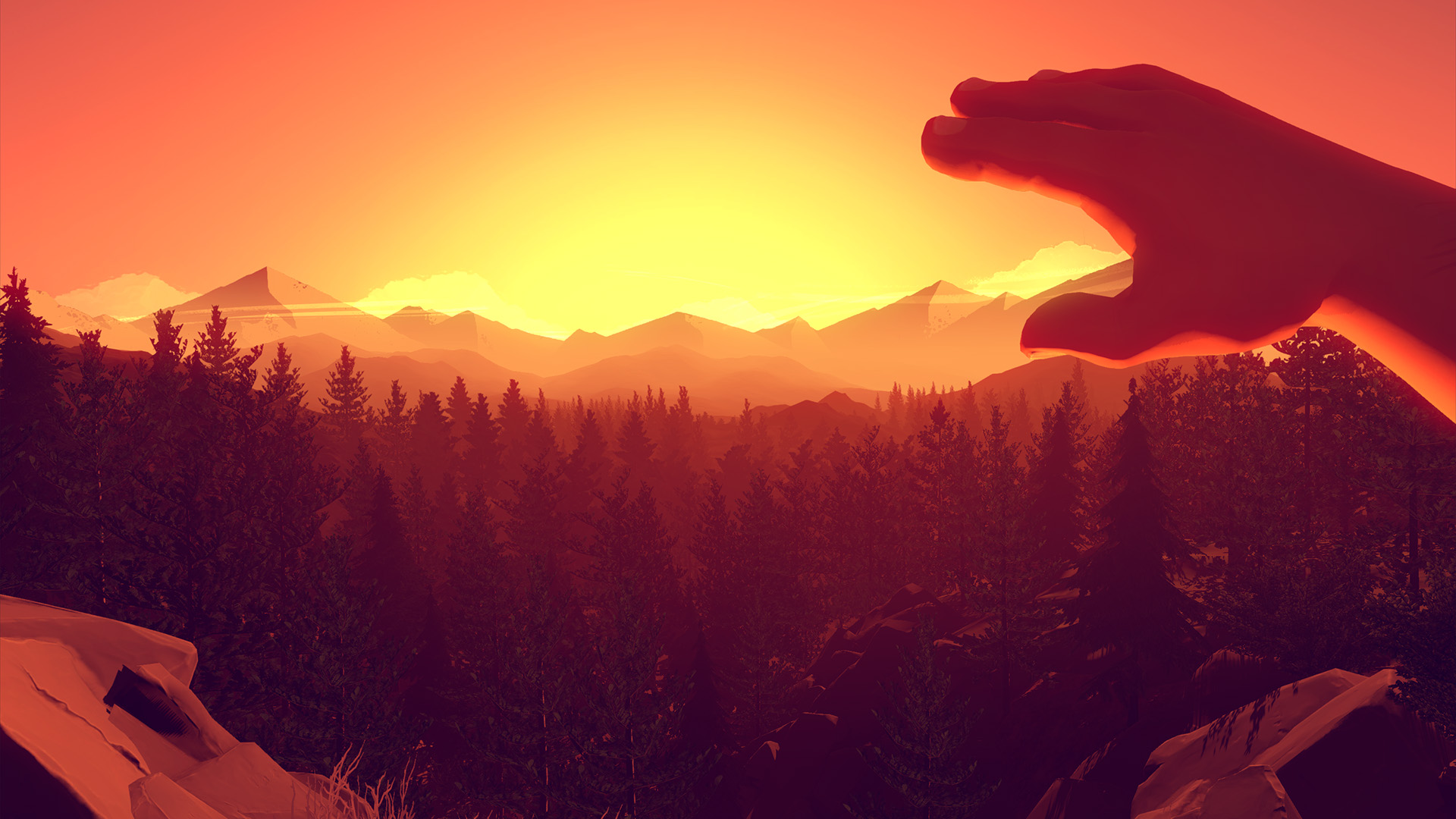
Firewatch
The first game from developer Campo Santo, Firewatch had lofty expectations ahead of its release in 2016. With a development team that worked on The Walking Dead and Mark of the Ninja, and art courtesy of Olly Moss, it's easy to see why this game was so highly-anticipated.
Firewatch puts you in the shoes of Henry; a middle-aged man who needs a break from his difficult life, so impulsively takes a job as a forest lookout in the Shoshone National Park, Wyoming. The game takes place in 1989, a year after the horrible Yellowstone Fires. Playing as Henry, you have a walkie-talkie that connects you to the other nearest lookout, Delilah, who guides you through the first days on the job.
Firewatch is sheer beauty. From the jaw-dropping art by Olly Moss, to the emotionally-charged voice acting, Firewatch is everything a narrative-driven experience should be. The gameplay aims to serve the story, and the overall package is so finely crafted that it's impossible not to become immersed in the gorgeous world that Campo Santo has created.
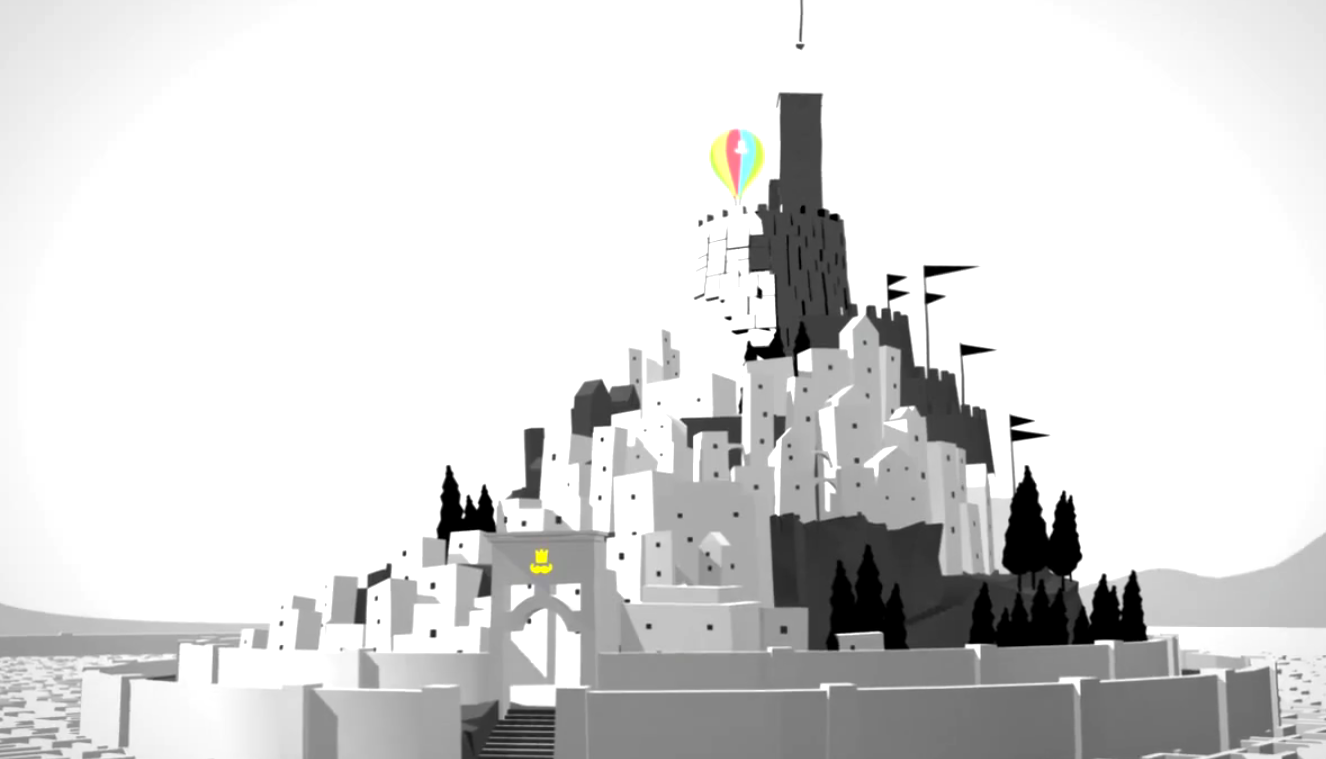
The Unfinished Swan
Giant Sparrow is a games developer that was signed by Sony literally out of college, and the first thing they created was a plain white room, in which the player would splash black paint around. Eventually, after years of development, that rudimentary idea formed into The Unfinished Swan.
Standing toe-to-toe with Journey as the best indie game on the PS3, The Unfinished Swan portrayed the adventure of Monroe, an orphan, who was only allowed to retain one painting from his mother's collection, after she sadly passes away. One night, Monroe wakes-up to find the swan missing, and so he leaps into the canvas and finds himself in a completely white world.
The mechanic of the game sees Monroe throwing paint, which splashes on surfaces to reveal the world and help you navigate. The sheer sense of wonder that comes from throwing every blob of paint to find a mundane object, such as a park bench or a wooden crate, is equalled by the touching story of Monroe searching for place in the world. The game is a beautiful, serene journey, narrated by a soothing voice, that will stick with you long after it's over.
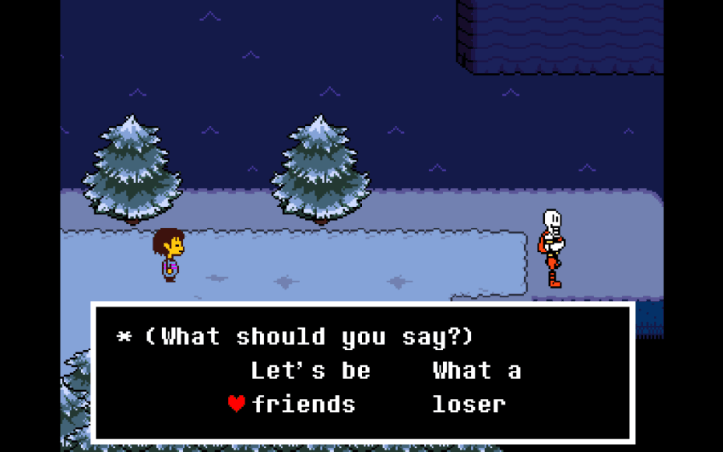
Undertale
When you talk about beloved video games, you think Pokemon, Zelda, Skyrim, but you can definitely add Undertale to that list.
Emerging from obscurity in 2015, there was a long ground swell of devotion and fanfare for Undertale. It seemed that everyone who played it, fell in love with it, and rightfully so; Undertale masterfully created a game that weaved typical RPG elements with original Pokemon-style graphics, and a fairly simple story. Then it took all of those elements and flipped them on their head; the story twisted into something much darker and revelatory (while still making you laugh), and the battle system changed, continuously kept you on your toes.
Undertale is the perfect storm of mechanics, characters, art-style, plot, etc., melding together to create a masterpiece. It's an example of every single element of a game being utilised to further the experience and keep players engaged. Undertale is an adventure like no other and one I implore everyone to take - and you can play it on your standard laptop for $10!
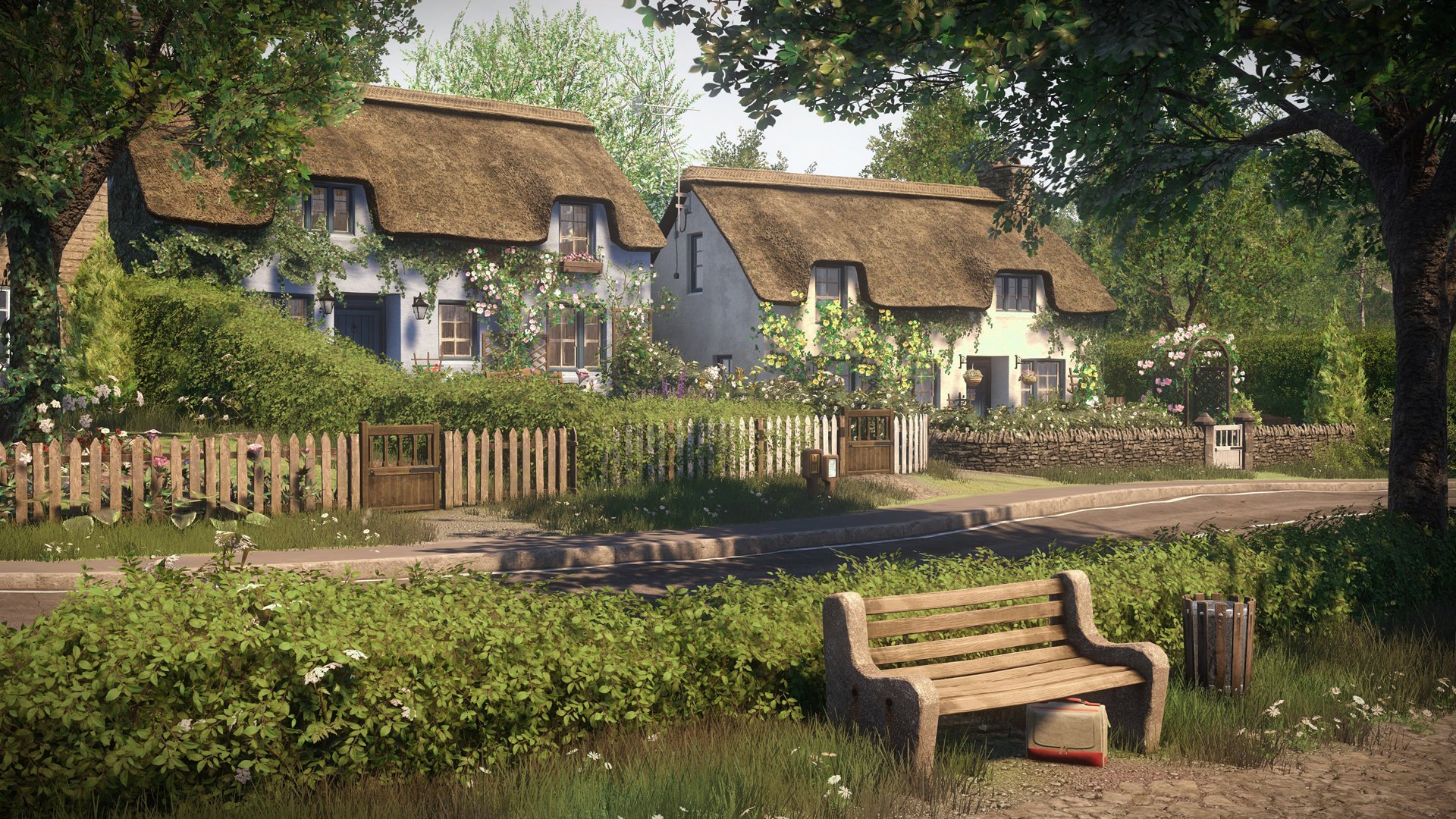
Everybody's Gone To The Rapture
Set in a perfectly recreated 1980's English village, in which every single person has disappeared, Everybody's Gone To The Rapture tells a story of everyday life coming to an abrupt end.
As a voiceless wanderer, you are guided through the picture-perfect village of Yaughton by an ethereal ball of light that seeks to reveal to you the mystery of what happened to the locals. The people have left behind literal traces of themselves, which, when prompted, take form and act out some of the last moments of their lives like a message from beyond the grave. You can follow these particular people and watch exactly what they did: who were they with? Or were they alone when they met their demise? Did they at least get a goodbye?
The answers to those kind of questions are what pushes you through the game, while unravelling the much-larger mystery at hand. You become connected the the villagers, while never actually meeting any of them. Everybody's Gone To The Rapture is a testament to well-written dialogue and a perfectly created setting. These elements come together to weave a story that will tug at your heart strings as much as it makes you scratch your head and wonder.
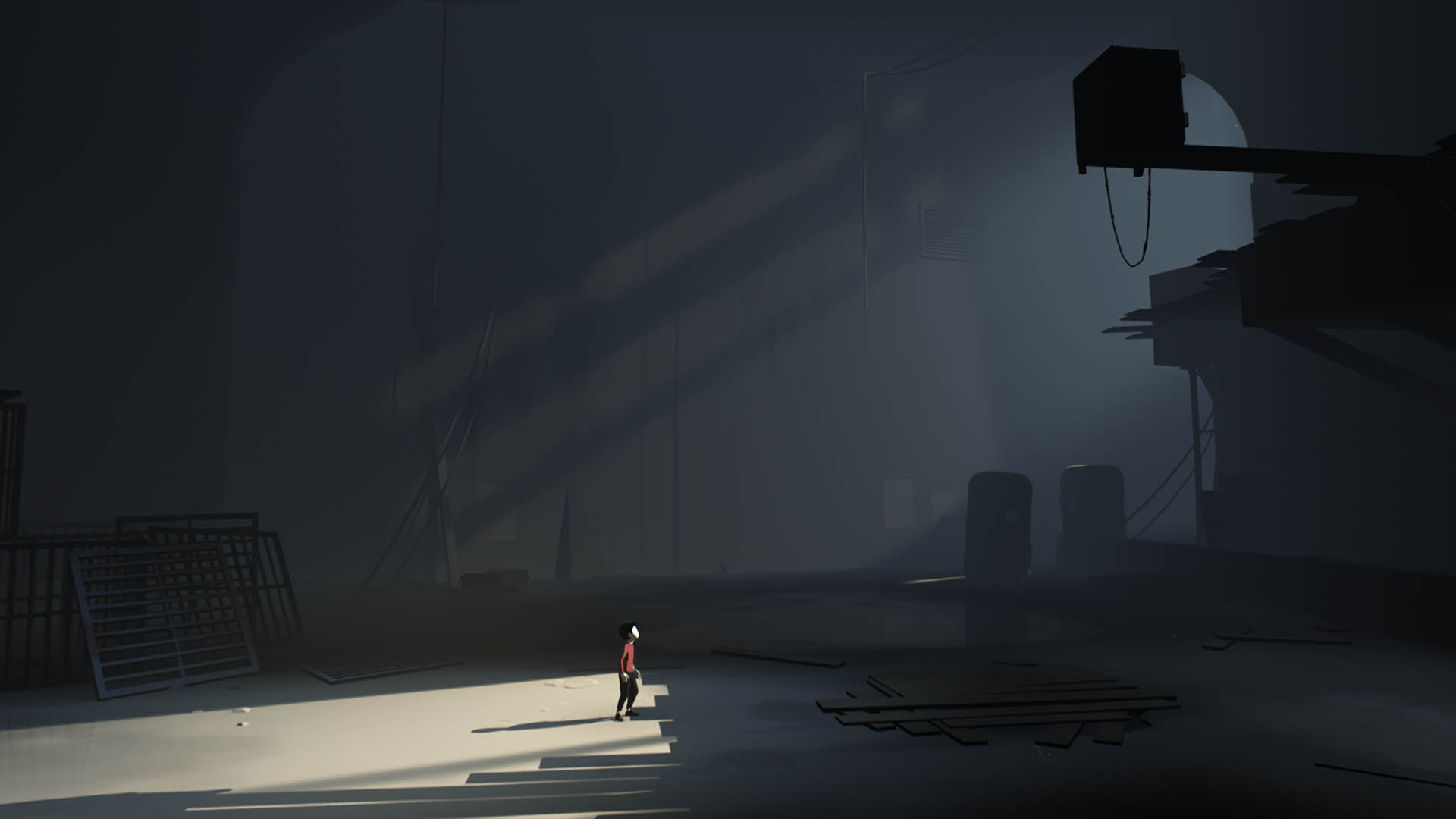
Inside
Playdead was always going to have a very hard time attempting to follow-up its smash-hit Limbo. However it did something much, much better; the team eclipsed every single element of Limbo and crafted a game so stylish and weird that it demands to be played. They crafted Inside.
Not quite as grayscale as Limbo, Inside added a little red to the proceedings and some excellent lighting, to create a really stunning game. It's difficult to talk about the plot, or even mechanics, of Inside without delving into spoiler territory in some fashion. I will say that it plays a lot like Limbo but much improved, and I guess that kind of sums-up everything about Inside: it's Limbo on steroids.
In short, Inside is a fantastic game that you should play. It's the modern evolution of the puzzle platformer, which uses all the facets of the genre to perfect it.
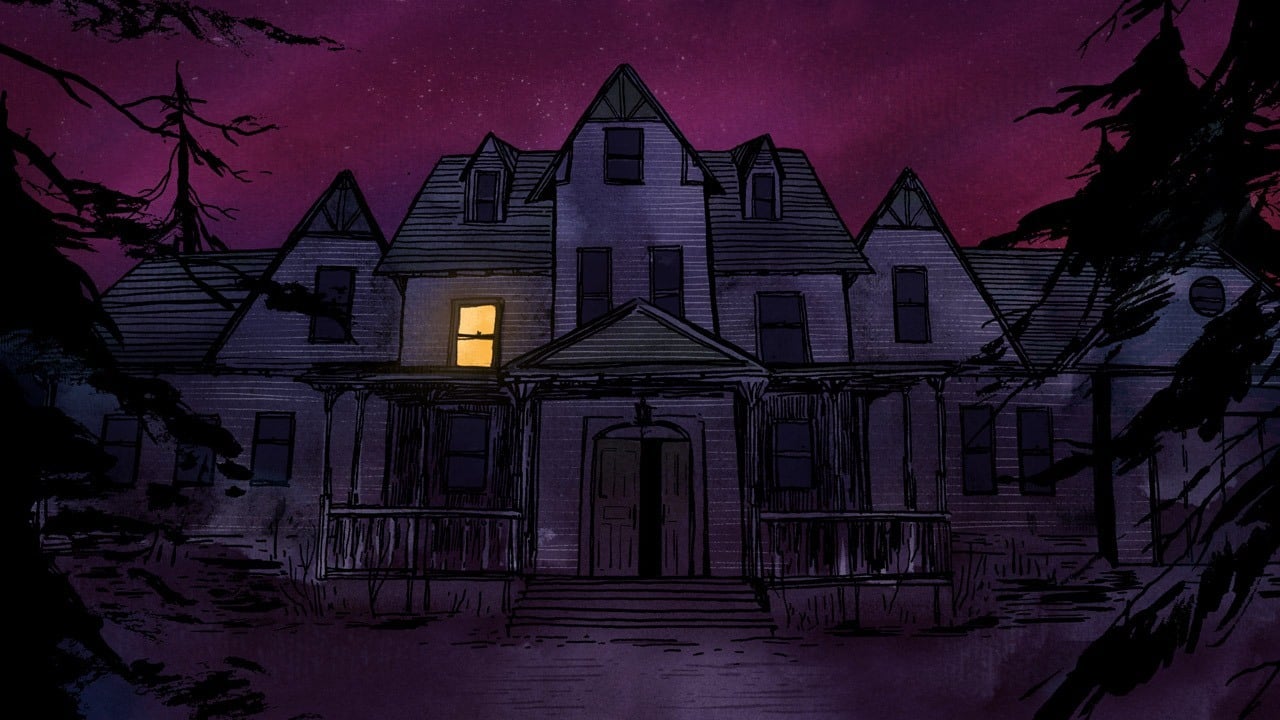
Gone Home
What can I say about Gone Home that hasn't already been said? The game launched in 2013 on PC and set new standards for environmental storytelling and progressive topics in gaming.
Gone Home, from The Fullbright Company, tells the story of Katie, a college student who returns from a summer abroad to her family's new home in Oregon, set in 1995. The family is still in the process of moving, so there's a lot boxes and disarray around the home, and her parents and sister are nowhere to be found. Once again it's hard to say much more without spoiling the game for anyone.
Gone Home, in a way, put "walking simulators" on the map. Even though the term is often used in a derogatory fashion, the sub-genre is alive and well, in large part thanks to the brilliance and success of Gone Home.
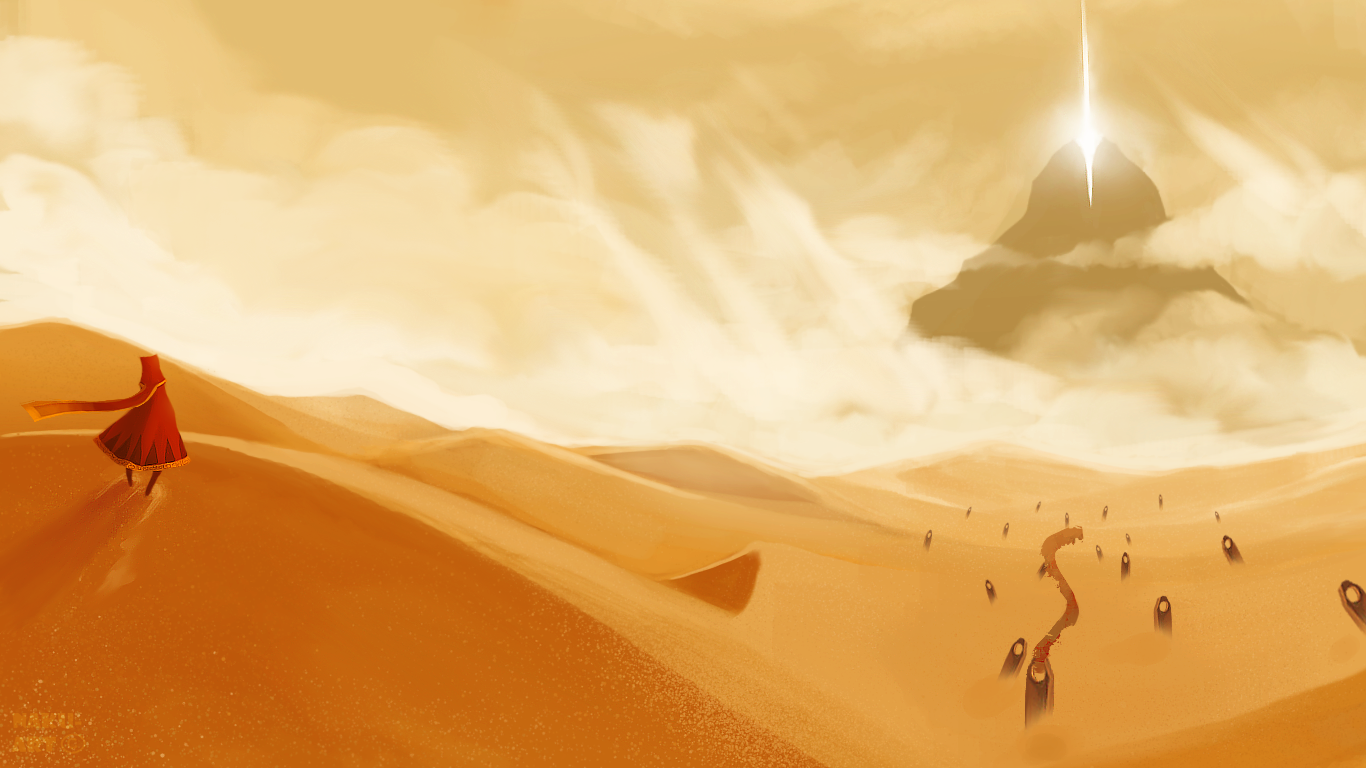
Journey
Journey is often considered the crown-jewel of indie games. A break-taking voyage through a scorching desert in order to reach the shining peak of the mountain ahead; a deceptively simple premise.
Journey celebrates the majesty of nature and offers-up an adventure that is as unforgettable as it is beautiful. The game clocks-in at around two hours and takes you through the full spectrum of emotions, from the awe of climbing your first dune and seeing the vista ahead, to the dread you feel when traversing the dark underground locales.
And, perhaps most importantly, along the way you might meet a friend. As you play Journey you can encounter another traveller, who joins in your trek to the mountain top. This partnership formed the core of many Journey experiences, especially when the game ends and you realise it was another player and not just an AI. In all the online gaming house I've played, none has been as unique and touching as my solitary Journey playthrough.
There's a reason Journey is revered to the extent that it is. It is a masterpiece of storytelling and visuals that manages to tug on all the right strings while not uttering a single word. When people say video games cannot be art, point them in the direction of Journey.
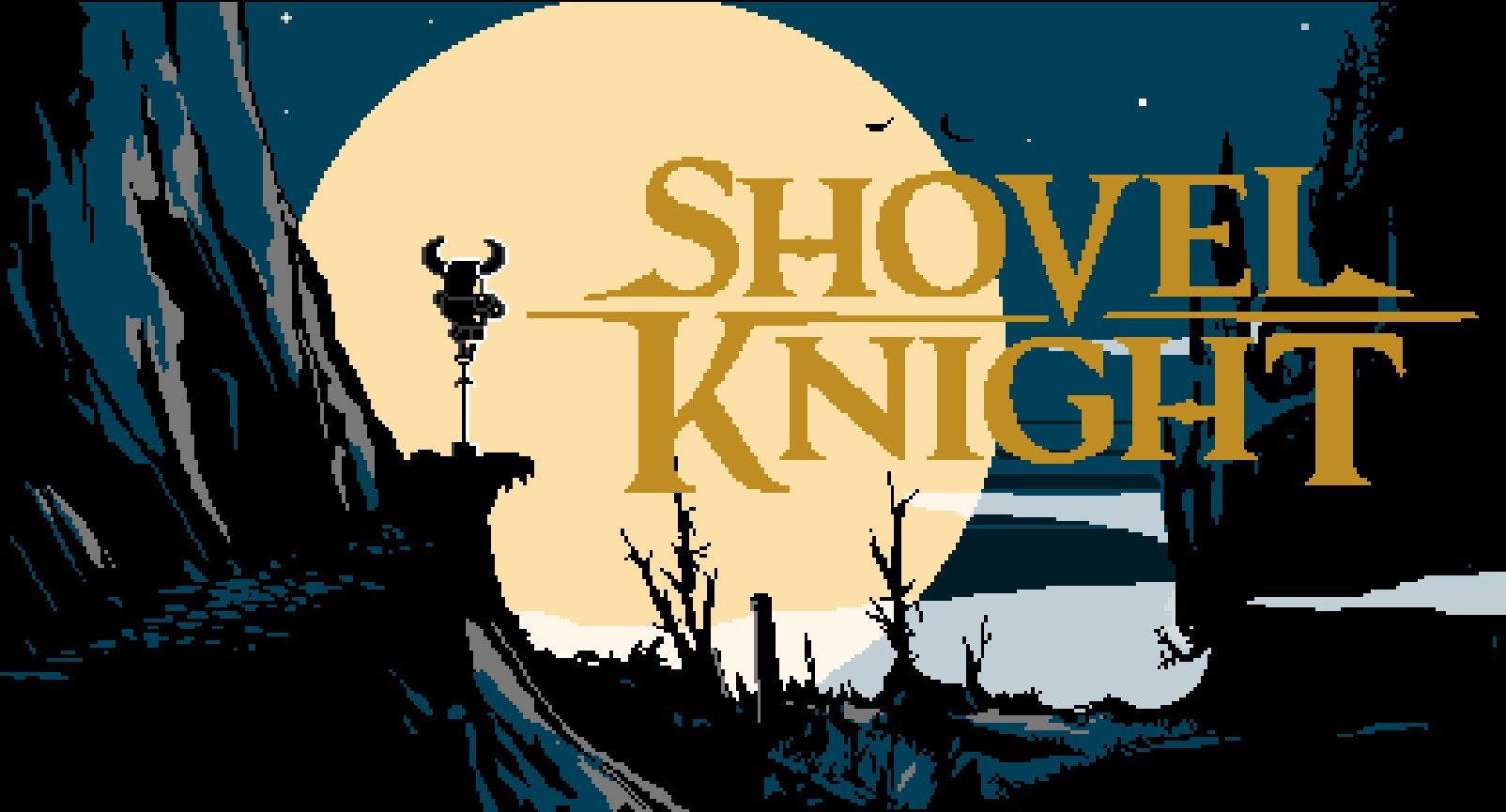
Shovel Knight
Shovel Knight was a game funded on Kickstarter and one of the true success stories to emerge from the platform. Carrying-on the lineage of classic platformers like Super Mario World, Mega Man, and CastleVania, Shovel Knight didn't reinvent the wheel but it might have perfected it.
Of course, in the world of gaming it comes as blasphemy to say anything is better than those that pioneered the way, those that people hold the most nostalgia for, but the reality is that Shovel Knight combined the best elements of all of those classic games to make the perfect action platformer. Even though it is an amalgamation of those games, taking the world map, inventory, and combat from NES classics, Shovel Knight was a success because it has a personality of its own.
With whimsical characters, fairytale setting, and flawless mechanics, Shovel Knight did was so few other modern platformers were able to achieve: originality and peerless quality. Available on pretty much every platform imaginable, there's no excuse not to play Shovel Knight. Personally I played it on the PS Vita, where it feels right at home. Furthermore, Yacht Club Games, developer of Shovel Knight, has released two full-length DLC's, the most recent being a brand new game from head-to-toe, and there's more to come. Oh, and all of it has been free if you already own the game. That's fan service like no other. So, what are you waiting for?
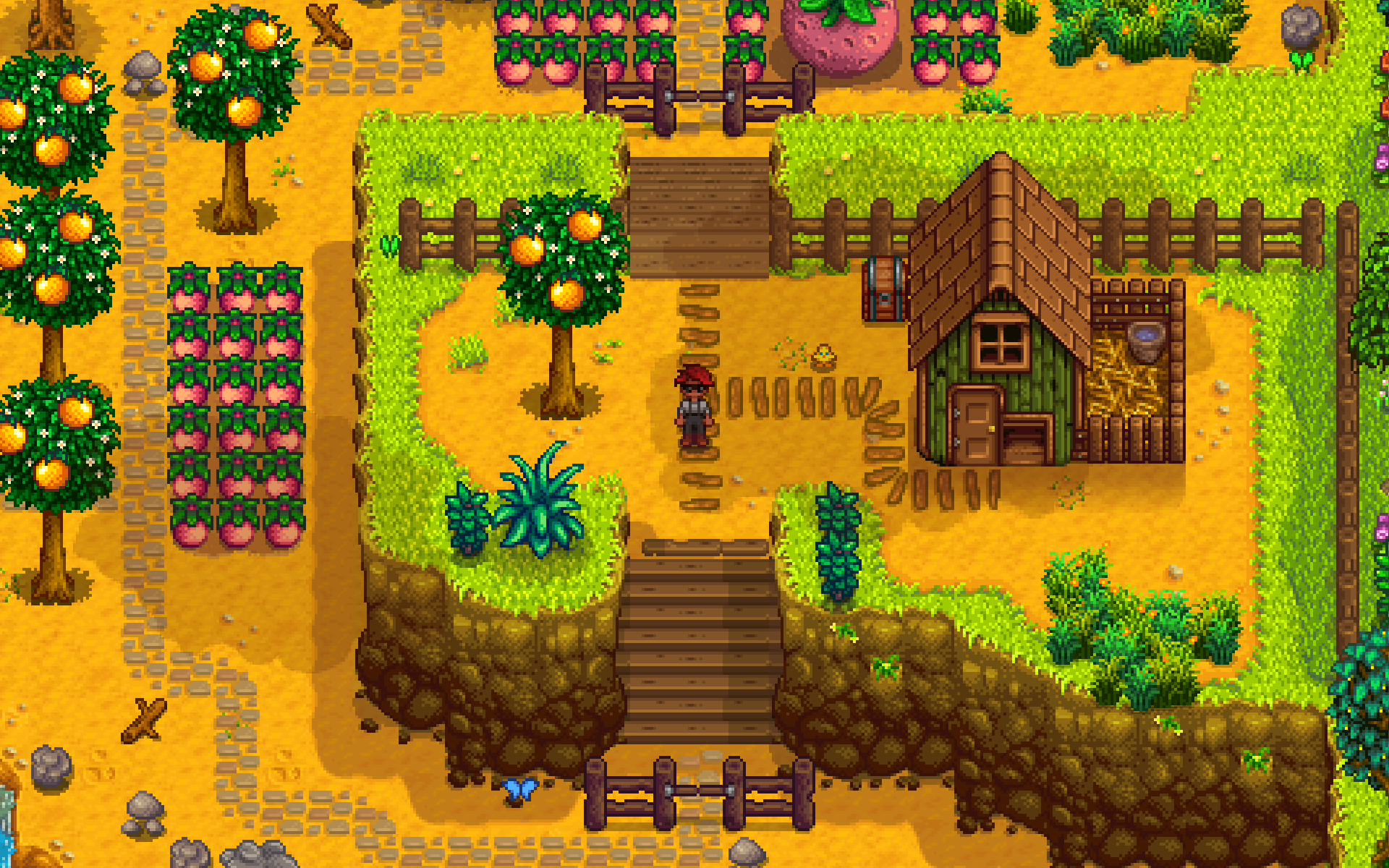
Stardew Valley
Stardew Valley is a phenomenon. Similar to Undertale, it has a rabid fan base and everyone that plays it falls in love. And there's a very simple reason why: it's addictive.
I'm not a fan of farming simulators, games like Animal Crossing never appealed to me. Yet I kept hearing reverent praise for Stardew Valley, so eventually I picked it up on a PSN sale and figured I'd play a few hours before deleting it. 94 hours later I finished Stardew Valley.
Why? Never before had I played a game with a better carrot on the end of the stick. Every day cycle in Stardew Valley lasts one hour, and in that hour you might water your crops, chop down some tree's, run into town and go fishing, and go to the bar to talk to the locals. Of course you could turn it off there but tomorrow you want to go to the blacksmith and crack open an ore, run down to the forest to see if the gypsy with the travelling cart is back, then maybe go up to the mines where you accidentally run out of stamina and pass out. You wake up the next morning and someone stole your money, so now you have to make it back, as well as check out the community centre, and maybe you have your eye on a villager so you'll want to bring them a gift. That's a quick example of how you could easily lose three hours to Stardew Valley.
Stardew Valley is a really special game that is every bit as charming and fun as it is life-consuming. It's so much more than a farming simulator; Stardew Valley is like Animal Crossing meets The Sims, with a dash of Zelda thrown in. Even now that might not sound like it's for you, but I bet if you give it a couple of hours, you will be caught, hook, line and sinker.
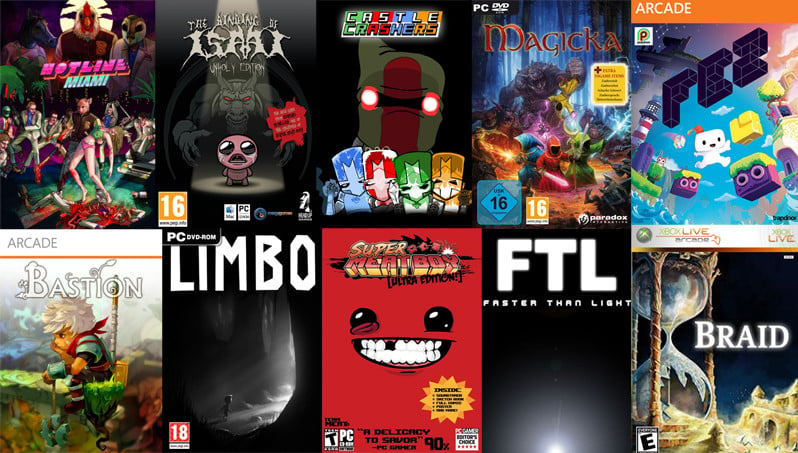
Honorable Mentions:
- Bastion
- Limbo
- Dear Esther
- Braid
- Super Meat Boy
- Hotline Miami
- OlliOlli
- Spelunky
- Rogue Legacy
- Oxenfree
- Thomas Was Alone
- Don't Starve
- Tokyo Jungle
- Actual Sunlight
- Three Fourth's Home
- Guacamelee
- Her Story
- Nidhogg
- The Beginner's Guide
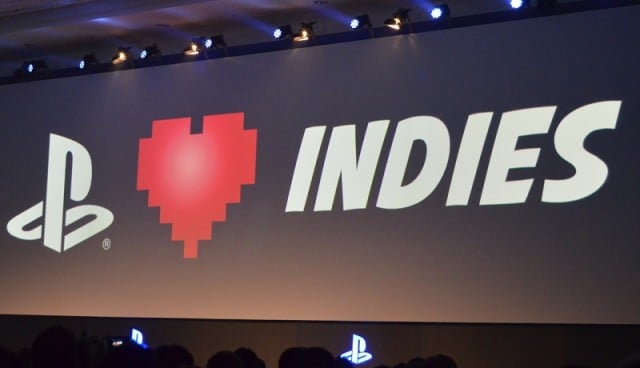
Well that's it for our list, and I'm sure you're all happy and agree with every game on here. All jokes aside, we want to hear what your favourite indie games are. Feel free to drop your personal Top 10 in the comments below and let us know where we went horribly wrong!
There are so many amazing indie games it was super difficult to narrow this list down to 10 - hence the overlong honourable mentions. It pained me personally to leave out games like Oxenfree, Rogue Legacy, and Guacamelee, but that's part of the fun. The gaming world is so vibrant right now, with amazing titles coming out on a weekly basis. It's incredibly encouraging that six of the games in this list, came out in the past three years!
Gaming is alive and well in every spectrum, the least of which is the indie scene. Games like Shovel Knight prove that what's old can be new again, while Everybody's Gone To The Rapture show immense beauty and a narrative that can only be told in a game. There's so much breadth and diversity that everyone can find something to love. And on that note, we also want to hear which of those 10 is your favourite! So get chatting in the comments and be sure to stay tuned to GameSkinny for all your gaming coverage!

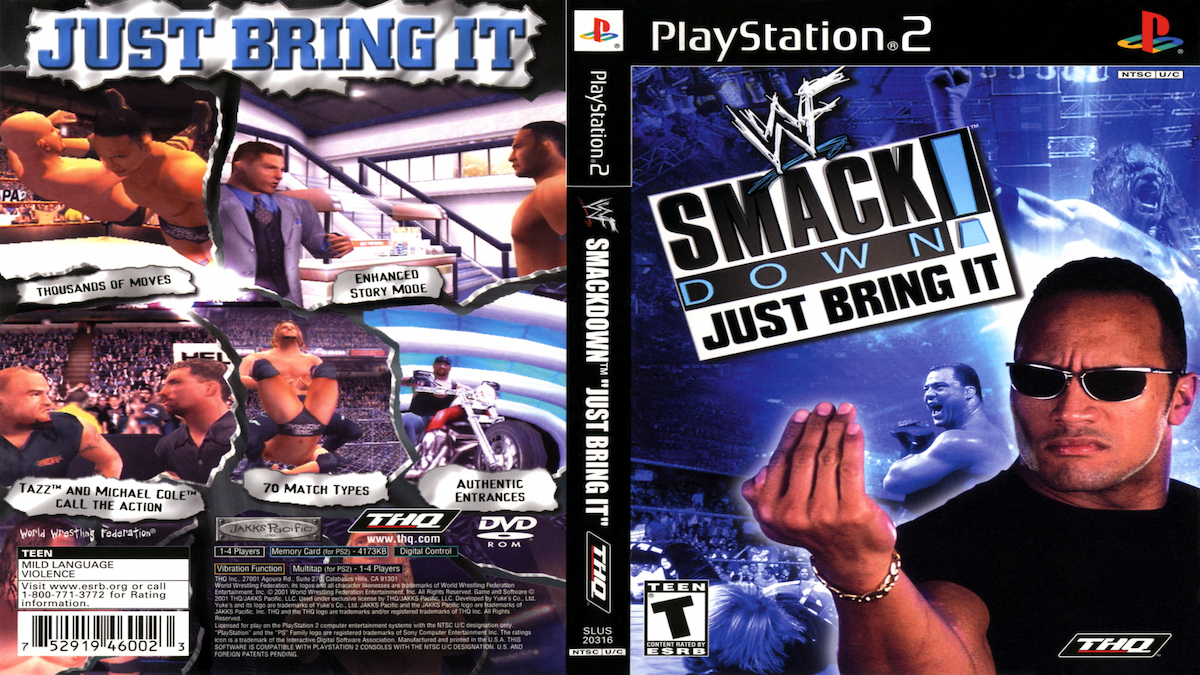
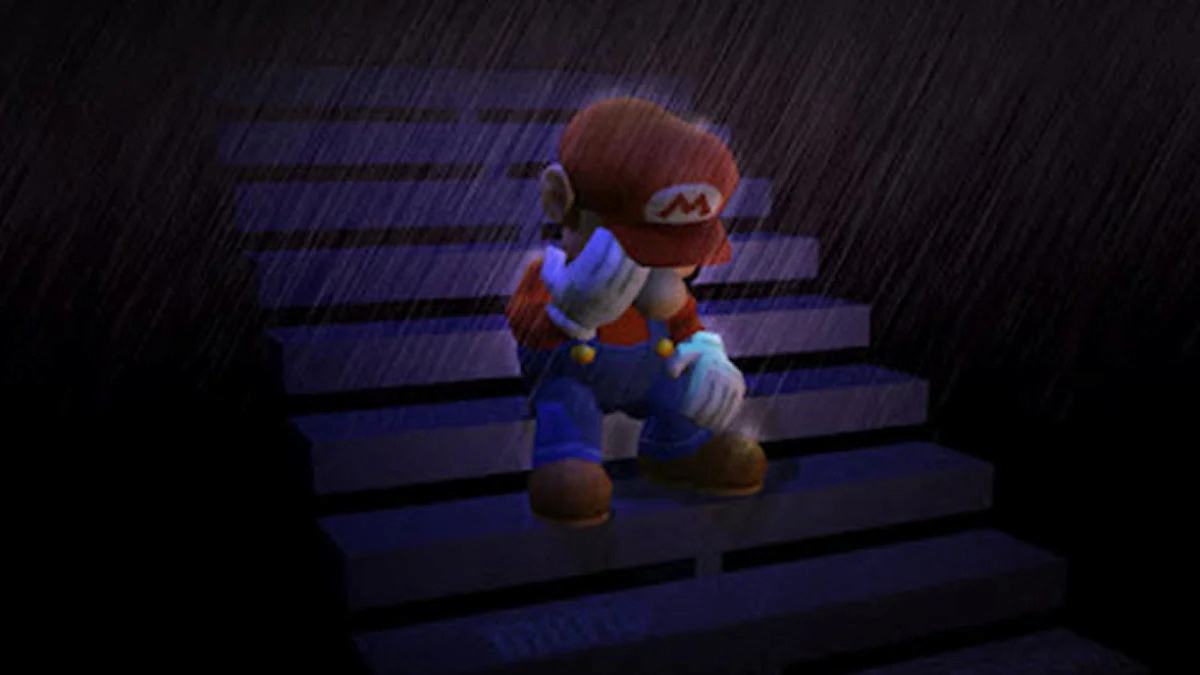
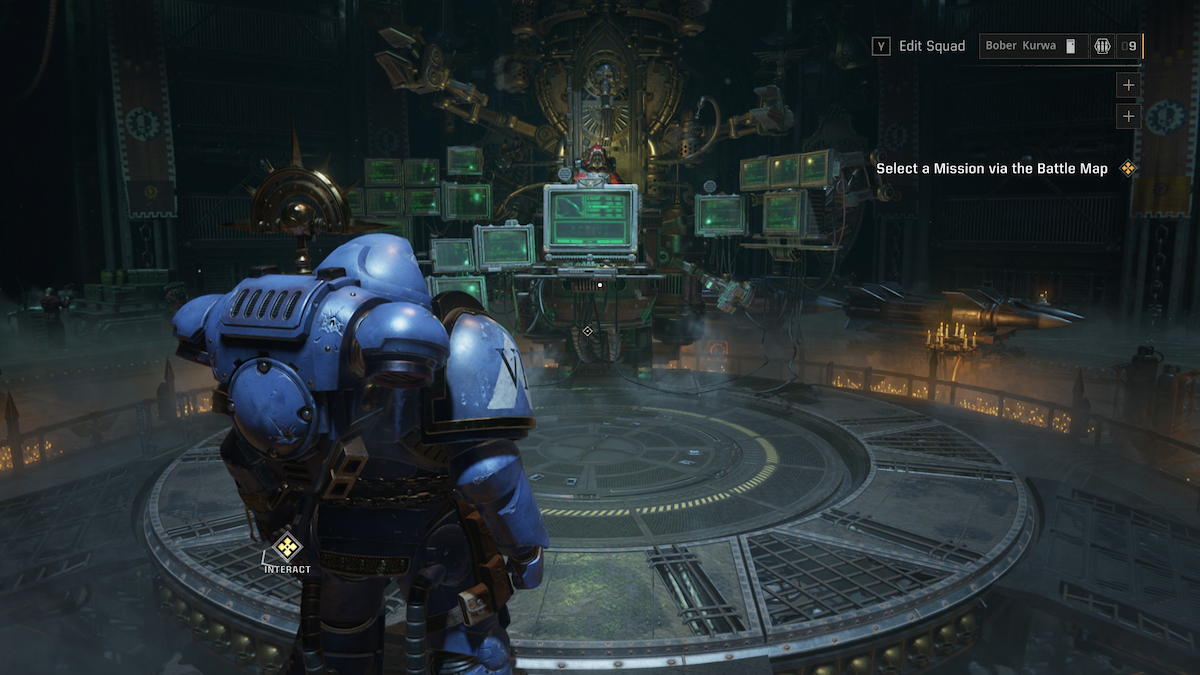
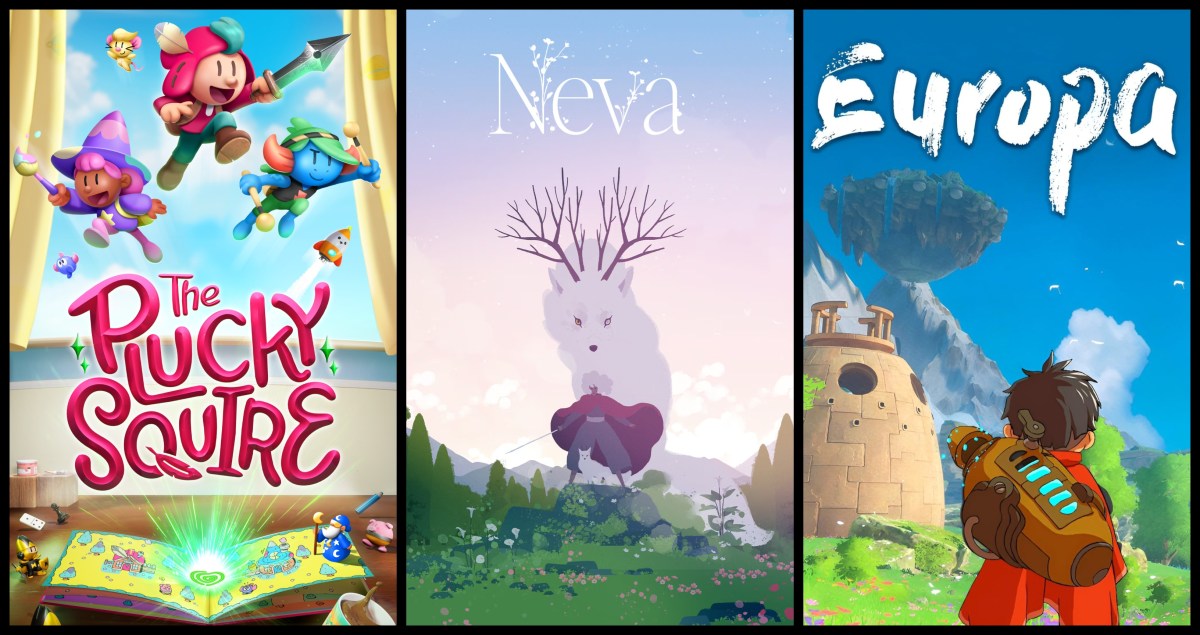
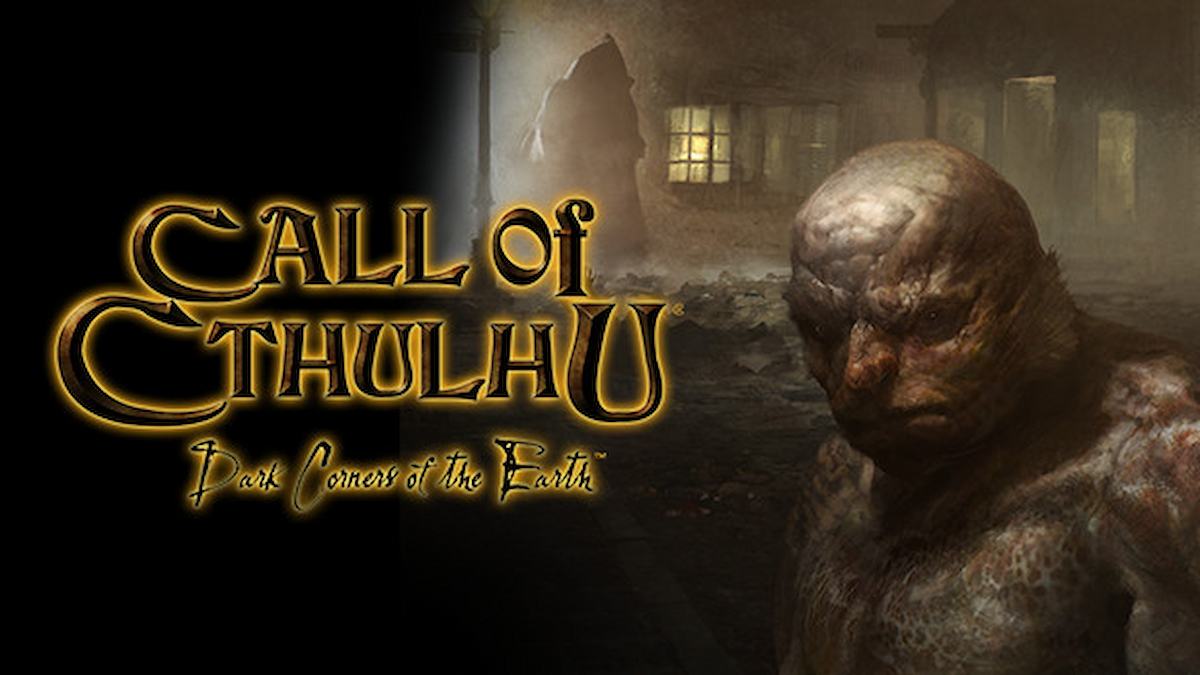
Published: Apr 29, 2017 10:09 pm